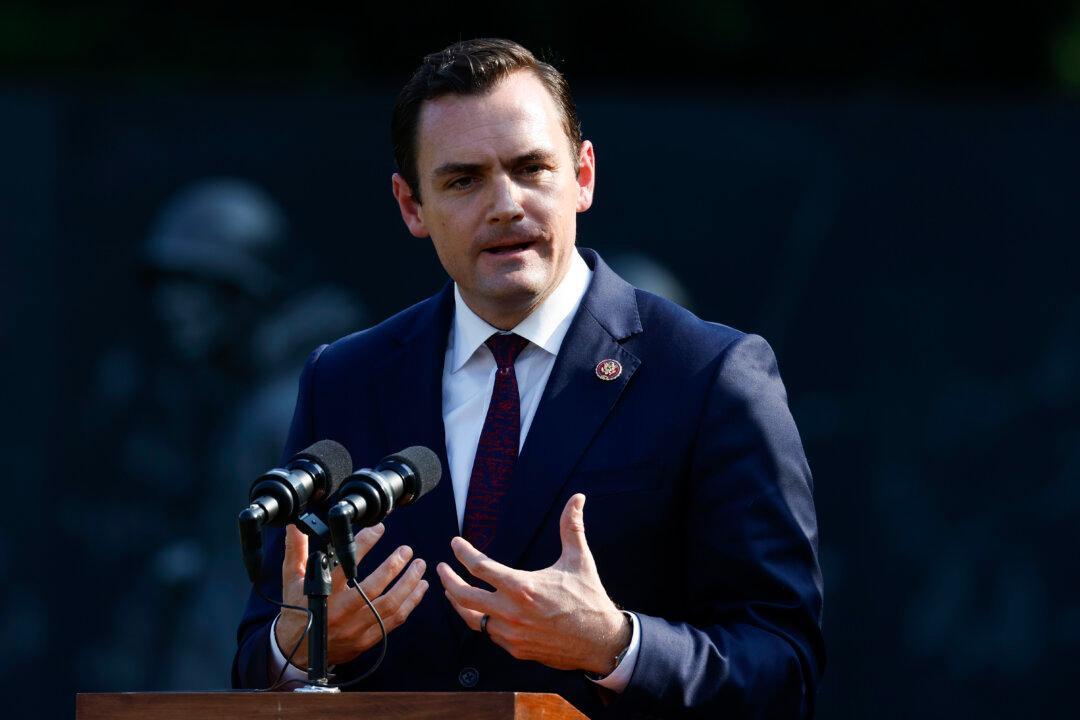Under a new bill, former members of Congress and presidential administrations would have to wait longer before they can turn around and lobby their former colleagues.
Current laws require members of Congress and executive branch appointees to wait at least two years before they can engage in certain lobbying practices. On Friday, Rep. Mike Gallagher (R-Wis.) reintroduced a bill (pdf), which he titled the “Serve The People, Not The Swamp Act,” that would expand this lobbying timeout period from two to five years for former members of Congress and former executive branch appointees.





